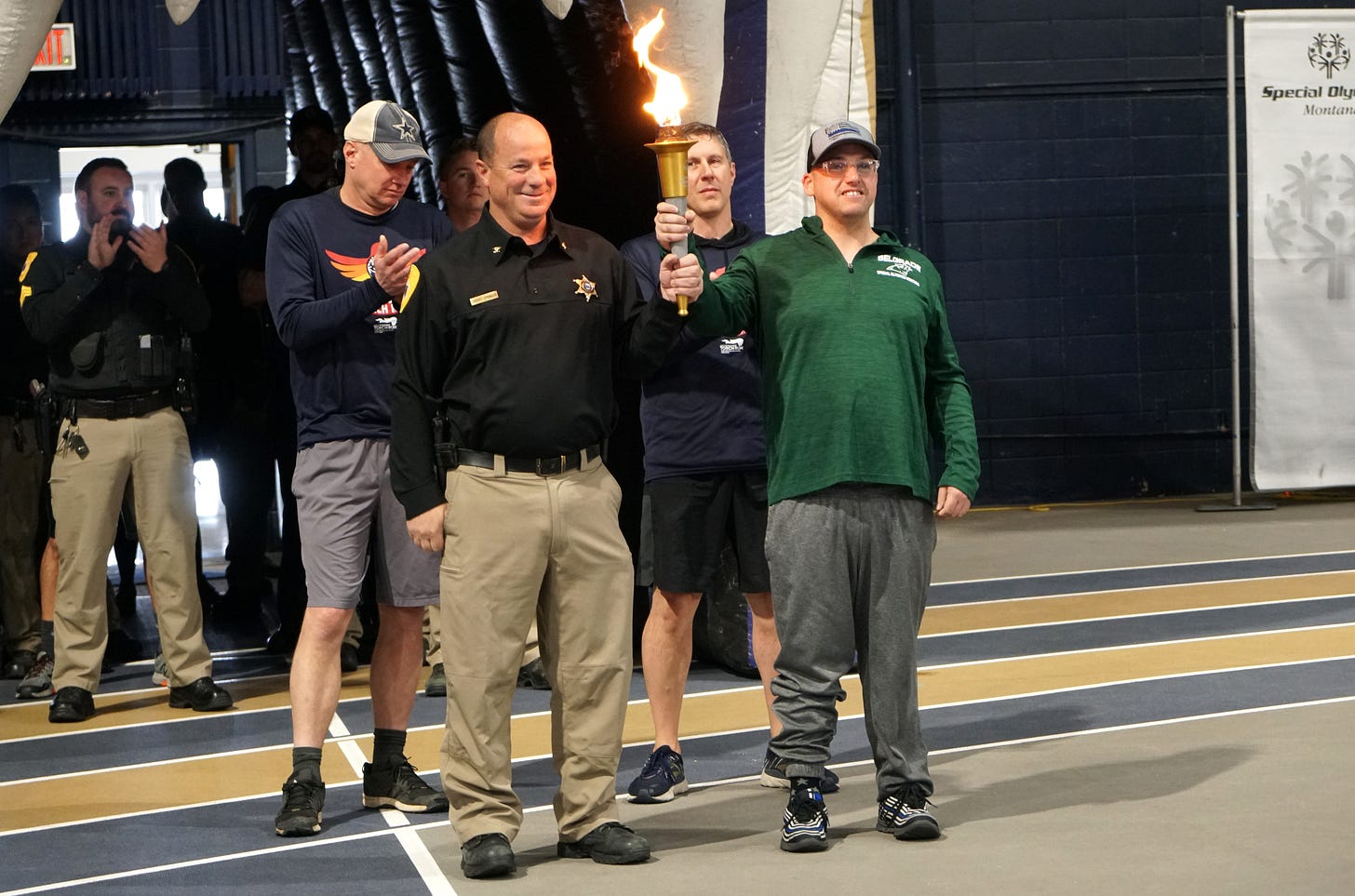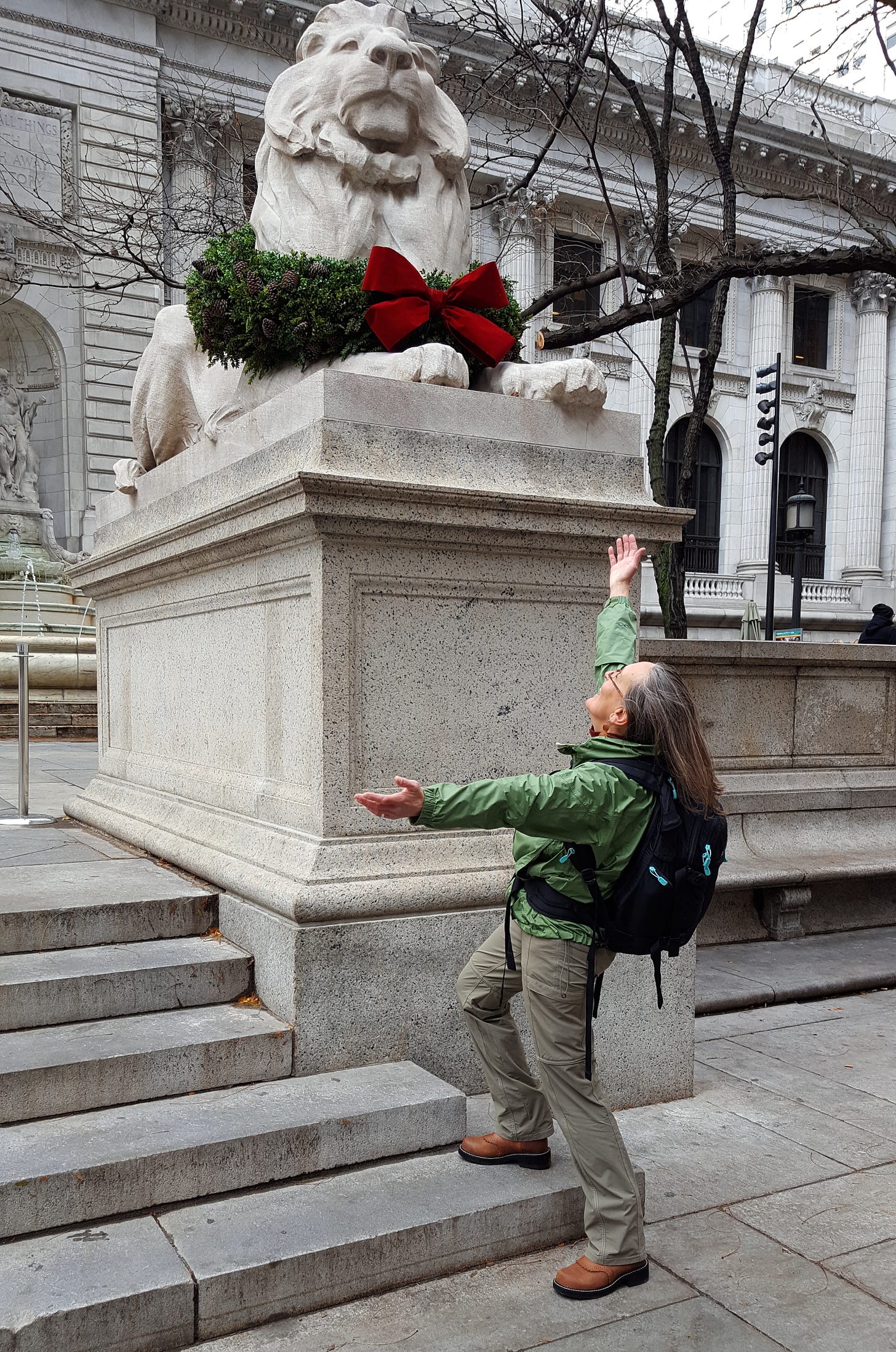What's in a label?
Why I dislike the word disability and why I might come around to it anyway

OK, so bear with me … this is a complicated subject with many angles. Consider this part one of a continuing conversation about language and ableism.
As many of you who know me or have been following this newsletter, I am nothing if not an advocate for disability rights and inclusion. And because I am neurodiverse, this means I sometimes need to use the word disability to describe myself. But truth be told, I only just reluctantly began identifying myself thusly.
And I don’t like it. Here’s why.
DIS
According to Merriam-Webster, to dis someone is the act of criticizing or insulting them. Of course, we know that the prefix means a variety of things including not, to do the opposite of, exclude or expel. So by saying I am dis-abled equates, in my mind, to saying I am not capable when just the opposite is true. I am simply different than most. And like so many others with a disability, our challenges stem from society’s lack of understanding and/or accommodation for what could otherwise not be a challenging situation
Before you start berating me for dissing the word (ha, ha, see what I did there?), I know, I know … Many advocates and people with disabilities have embraced the word as a means of connecting the community comprising more than 15% of the world’s population. And so many disabled people face discrimination on multiple levels because of their race, gender identity or religious beliefs, for example (known as intersectionality and a topic for a future issue of the newsletter).
Differently Abled and other offensive commonly used terms
Some people have taken to using the term differently-abled. But I warn, you this is not embraced by the disability community. In fact, it is shunned along with special needs, handicapped and myriad other terms. Advocates rightly note that we are all differently-abled, right?
Why I (and you) should embrace the word
Avoiding the term disability merely leads to stigmatizing people — othering them, if you will.
“Don’t sugarcoat it …,” wrote Paralympic medalist and disability advocate Elizabeth Wright on her blog in 2020.
“Disability is what it is and without acknowledging that disabled people exist, continuously trying to wipe the concept of disability from existence, isn’t going to make life easier or more equal and inclusive for disabled people.”
OK, so it’s starting to make sense to me. While this quote from a USA Today article published about a year ago regarding the term ‘special needs’ further clarifies it for me.
"I am disabled by society due to my impairment," says Lisette Torres-Gerald, board secretary for the National Coalition for Latinxs with Disabilities. "My needs are not 'special;' they are the same, human needs that everyone else has, and I should be able to fully participate in society just as much as the next person."
Indeed. I cannot disagree with either of these sentiments. So why do I struggle to label myself as such? I suppose that’s a discussion for another day.
I’m curious what you think. Do you identify as disabled? Do you find the word distasteful and, if so, why? Is there another term you prefer? Post your comments below. I’m so interested to hear people’s thoughts, so please do share.
Jodi Hausen is a freelance writer, reporter and photographer living in the mountain west of the U.S. She no longer feels stupid or insignificant.
If you liked this post from More Than Normal, perhaps you’ll do me a solid and share it? Or better yet, sign up to receive future newsletters hot off my dyslexic fingers.



while I don’t really “claim” the label as some do in the sense that I don’t construct my identity with it—you won’t find it in my Twitter bio, about page, anything— when it is brought up in conversation I try to point out to others that my ADHD is a disability— in part to advocate for myself and in part to acknowledge that disability is everywhere & expresses differently for everyone. But I also don’t like it, but mostly because I feel like people with and without one sometimes use it as shorthand for something more complex that deserves elaboration and not stereotype
I just reread your post and came up with a new term...enlightened ability?? Labels...tough.